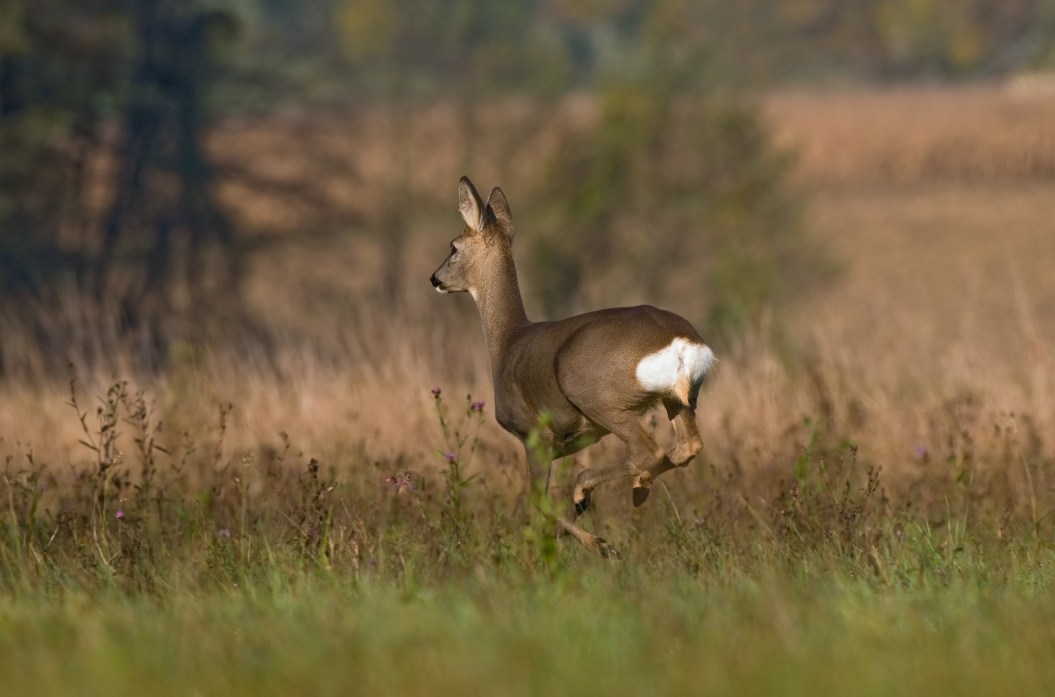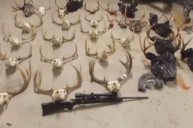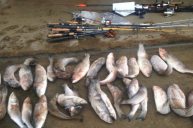Nothing can put a burr under the saddle of outdoorsmen and women quite like this one simple word: poacher.
Hunting, at its heart, is a form of conservation. Hunting regulations exist to help ensure that wildlife and fish populations remain healthy for future hunts and even future generations of hunters. Bag limits, set seasons, and rules regarding which animals can be taken all help manage wildlife populations, and keeps them in balance with their environment.
If someone ignores these regulations and takes fish or game over the limit, out of season, or without the proper licensing, they have stepped over the line. At that point, they're no longer a hunter or angler. To ethical sports people, now they're a poacher.
Poaching can have devastating consequences for the environment, and in some cases has driven species to extinction. The legal consequences for poachers, though different for each state, reflect this. Poachers can get their hunting licenses permanently pulled, they may have to forfeit property like firearms and vehicles, pay steep fines, and even spend time in jail.
But while the poachers themselves are taken care of by the United States judicial system, what happens to the confiscated game or fish that was poached in the first place?
Initial Steps
There isn't one defined way of dealing with a poached animal, and as with the punishments for poaching, this can vary from state to state. Oftentimes, the poached game has to be kept as evidence until the poachers are sentenced. After that, in the best-case scenario, the game or fish is donated to a place of need, such as a food bank.
This isn't as easy as it sounds, as a Michigan conservation officer, Anna Cullen, tells The Daily Press.
"These [poaching] cases are usually made at unpredictable and inconvenient times," Cullen says. "Sometimes you encounter a person at 1 a.m. who just shot two deer with a crossbow while recreational trespassing. Now, you have to find a place to take these deer before they go bad and find the time to clean them after a 14-hour shift."
Before any state's game management service can donate any wild game, it has to be certified as safe for human consumption. If the game has to be kept for evidence, it could be sitting for a while. Proper refrigeration is essential.
Who Receives the Donations?
If the meat or fish is able to be processed and stored correctly, it's then donated. Some donations go to nonprofits such as food banks or soup kitchens, while others are distributed directly to families in the community. Donations like these can be done at the local or state level, but there are almost always takers.
The Oregon Department of Fish and Wildlife even keeps a meat donation list, filled with people who need the meat for health reasons. Oftentimes, these people have severe food allergies and are unable to eat commercially processed meat, which can contain hormones and antibiotics. With a doctor's note, they are able to get on the list to receive the first phone call when the department acquires confiscated wild game.
For Margaret Guthrie, who has such severe food allergies that she can't eat commercially processed meat, Oregon's list means that she can get a freezer full of elk to last her the year.




